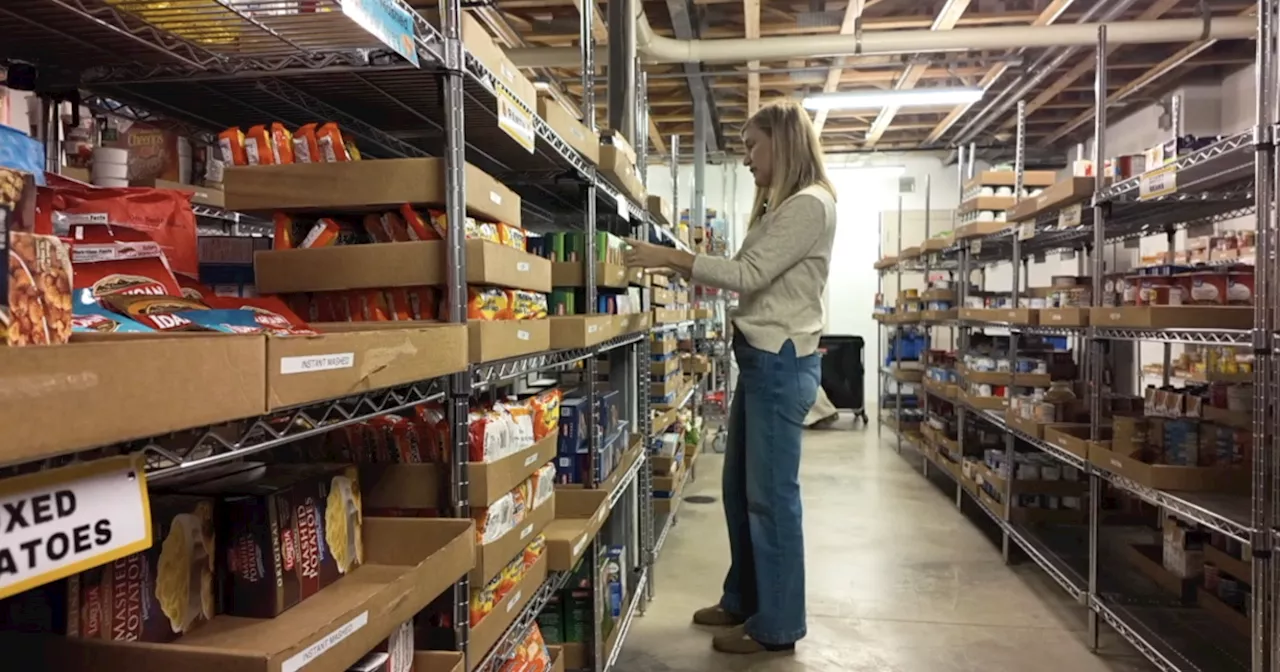UPDATE: The federal government shutdown has now reached its 25th day, leaving thousands of federal workers in Washington State struggling without pay and jeopardizing vital food assistance programs like SNAP.
As the crisis deepens, federal employees are facing empty paychecks, forcing many to seek assistance to meet their financial obligations. Bill Cooke, a representative from the National Treasury Employees Union 215, shared a stark reality, displaying a paystub reflecting a gross pay of $0 for the past two weeks. He emphasized that many workers are either furloughed or working without pay, leading to escalating financial distress.
The impact of this shutdown is not limited to federal workers. With funding for SNAP benefits projected to run out by November 1st, over 40 million Americans could be left without essential food assistance. In Washington State, more than 900,000 residents rely on these benefits, and food banks are bracing for a surge in demand.
Aaron Czyzewski, director of advocacy and public policy for Food Lifeline, highlighted the critical role that food assistance organizations play in supporting food-insecure individuals. He compared the current crisis to the desperation felt during the COVID-19 pandemic, noting a significant difference: instead of providing aid, the federal government is currently withdrawing resources.
Food banks and pantries are already beginning to limit their services due to increased demand and dwindling supplies, creating a dire situation for vulnerable populations. Food Lifeline has reached out to Governor Bob Ferguson for emergency assistance, while Democrats in Congress are advocating for the USDA to use contingency funds to maintain SNAP benefits—a request the USDA has declined.
The ongoing political deadlock only exacerbates this crisis. Democrats are refusing to pass any funding resolution that does not include amendments to protect healthcare subsidies under the Affordable Care Act, leading to a stalemate in Congress. The USDA has pointed fingers at Democrats for the shutdown’s impact, further complicating the situation.
As the stalemate continues, federal workers face mounting financial strain, and essential social safety nets like SNAP are at risk of collapse. This crisis underscores the urgent need for a political resolution that prioritizes the well-being of the American people.
Authorities and advocacy groups are calling for immediate action to address the devastating effects of the shutdown on those most affected. The situation is critical, reflecting a concerning trend of political gridlock with real-world consequences for the most vulnerable members of society.
With the deadline for SNAP funding looming, the pressure is on lawmakers to find a bipartisan solution that protects both federal workers and the millions who depend on food assistance. The urgency for action has never been more apparent as the shutdown continues to inflict hardship across the nation.







